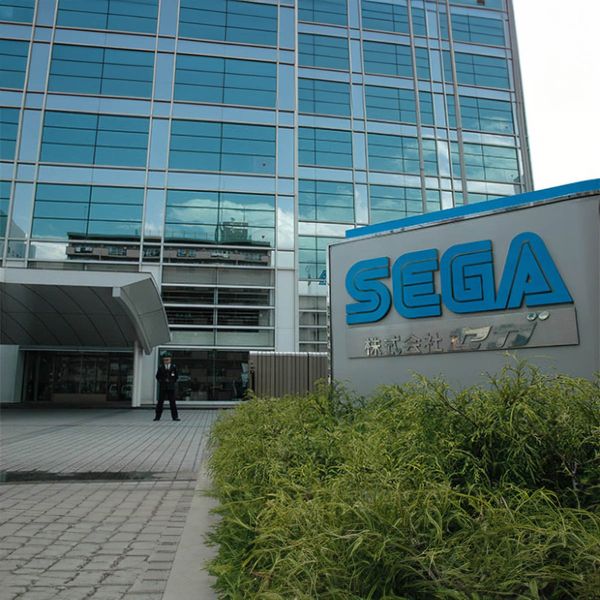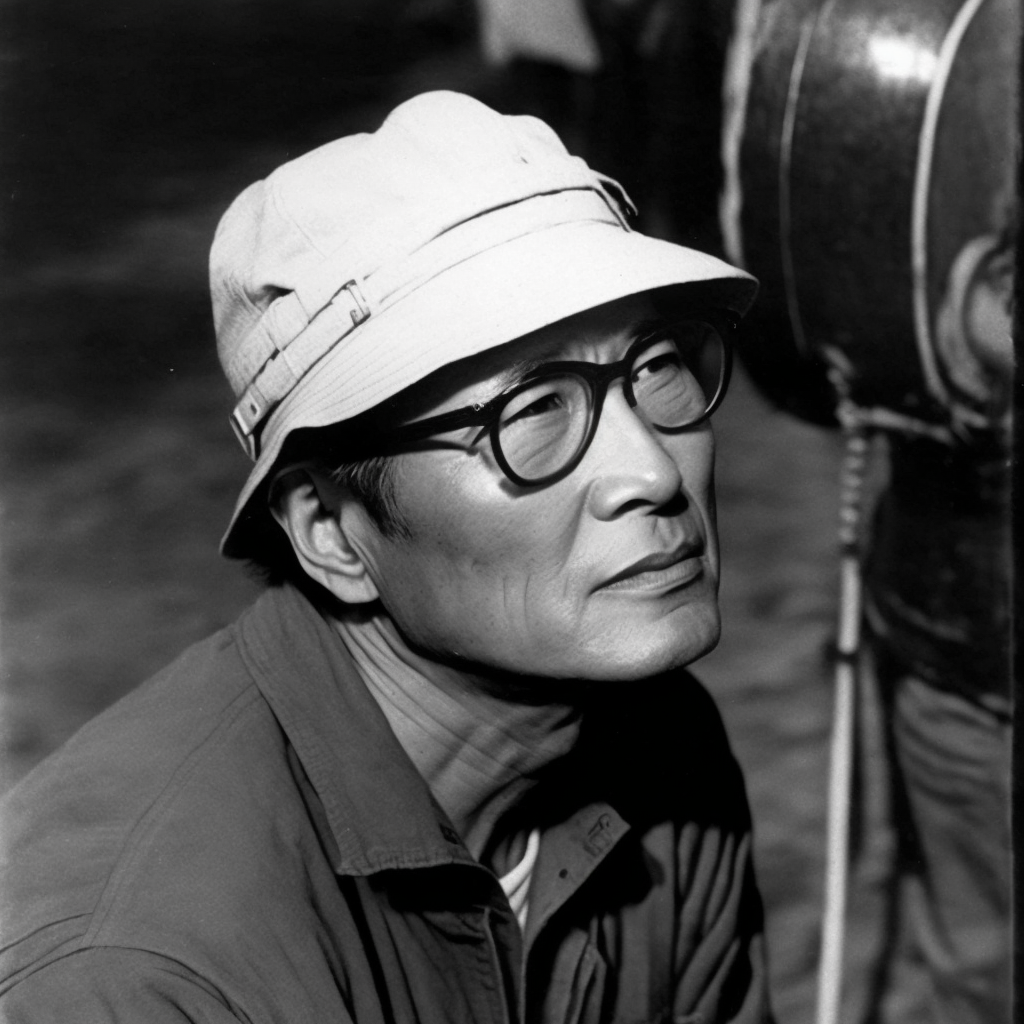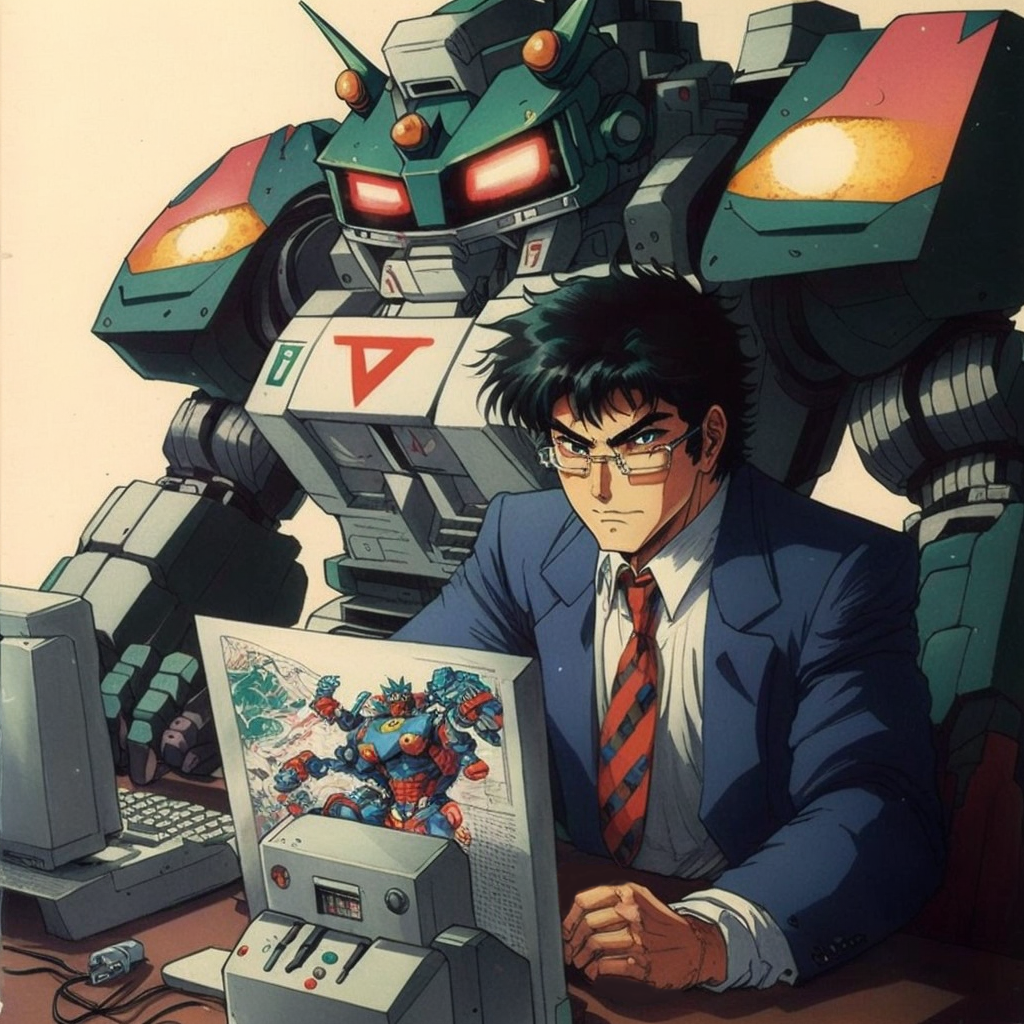Since its founding in 1960, the Japanese company Sega has been a leading player in the video game industry. With a rich and varied history, Sega has left an indelible mark on the world of interactive entertainment. This article explores the evolution of this iconic company, from its humble beginnings to its current role in the video game industry.
Humble beginnings
Sega was founded in 1960 by David Rosen, an American living in Japan. In its early days, the company focused on the international distribution of slot machines, but its commitment to the video gaming sector would soon become apparent. In 1965, Sega acquired a company called Service Games of Japan, which became the foundation of its interactive entertainment business.
The era of arcade machines
In the 1980s, Sega became a major player in the arcade industry. The company has created iconic games such as “after burner” and “Out Run”. However, it was with the launch of “Sonic the Hedgehog” in 1991 that Sega truly took the video game world by storm. Sonic quickly became the emblem of the brand and generated a series of successful games.
The console wars
The 1990s were marked by fierce competition between Sega and Nintendo, two giants of the video game industry. Sega released its own home console, the Sega Genesis (known as the Sega Mega Drive outside North America), to compete with Nintendo’s Super Nintendo. This period was nicknamed the “console wars”, and it resulted in some of the most memorable innovations in video game history, including Sega’s “blast processing”.
Unfortunately for Sega, despite the initial success of the Genesis and Sonic, the company ended up losing this battle to Nintendo. Controversial business decisions, such as the rushed launch of the Sega Saturn and Sega CD, damaged the company’s reputation and position in the home console market.
The transition to software development
In the late 1990s, Sega made a significant strategic decision by abandoning home console production to focus on software development. The move allowed Sega to release games on different platforms, including those of its former competitors. Iconic franchises like “Sonic the Hedgehog,” “Virtua Fighter” and “Phantasy Star” have continued to thrive through this transition.
The partnership with Nintendo
One of the most surprising collaborations in video game history was the deal between Sega and Nintendo in 2001. Sega stopped making consoles and became a third-party publisher for Nintendo. This alliance allowed Sega fans to find their favorite heroes on Nintendo consoles, including Sonic, who appeared in Nintendo games such as “Super Smash Bros.”.
The modern era
Over the years, Sega continued to evolve as a video game publisher and expanded its portfolio to include franchises such as “Total War” and “Yakuza.” In 2020, Sega acquired Atlus, another renowned Japanese game developer, strengthening its position in the industry.
The main games
1980s:
Out Run (1986) – An iconic racing game.
Phantasy Star (1987) – An acclaimed science fiction RPG.
Space Harrier (1985) – An early 3D arcade game.
Altered Beast (1988) – An action platform game.
Shinobi (1987) – An action platform game featuring a ninja.
Golden Ax (1989) – A fantastic beat’em up game.
1990s:
Sonic the Hedgehog (1991) – The game that introduced Sega’s mascot Sonic.
Streets of Rage (1991) – A side-progression fighting game.
Virtua Fighter (1993) – A pioneering 3D fighting game.
Ecco the Dolphin (1992) – An underwater adventure game.
Shenmue (1999) – A revolutionary open-world adventure game.
Crazy Taxi (1999) – A crazy taxi racing game.
Sonic Adventure (1998) – A 3D platform game.
2000s:
jet Set Radio (2000) – A stylized action/adventure game.
Phantasy Star Online (2000) – A pioneering online RPG.
Yakuza (series since 2005) – A series of open-world action-adventure games.
Total War (series since 2000) – A series of real-time strategy games.
Alien: Isolation (2014) – A horror game based on the “Alien” franchise.
Sonic Generations (2011) – A game that celebrates the 20th anniversary of Sonic.
Persona 5 (2016) – An RPG developed by Atlus, a subsidiary of Sega.
In conclusion, Sega is a company that has experienced ups and downs over the decades, but has always been able to adapt to changes in the video game industry. From its humble beginnings in slot distribution to its current role as a leading video game publisher, Sega has left an indelible mark on the world of interactive entertainment and continues to amaze us with new titles and innovations. This Japanese company is, without a doubt, a video game legend that will go down in history for generations to come.



